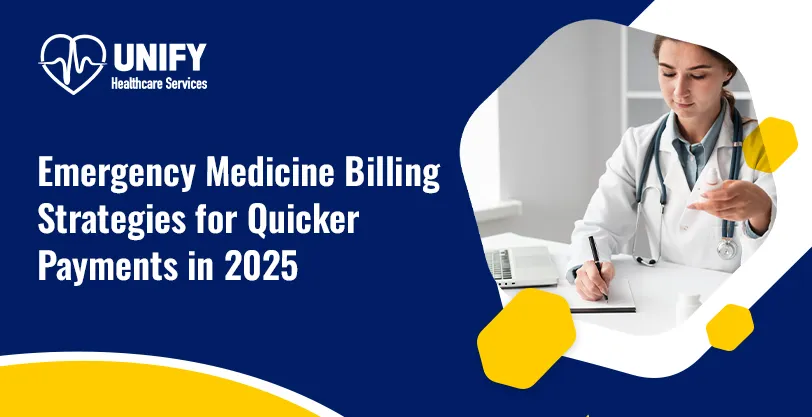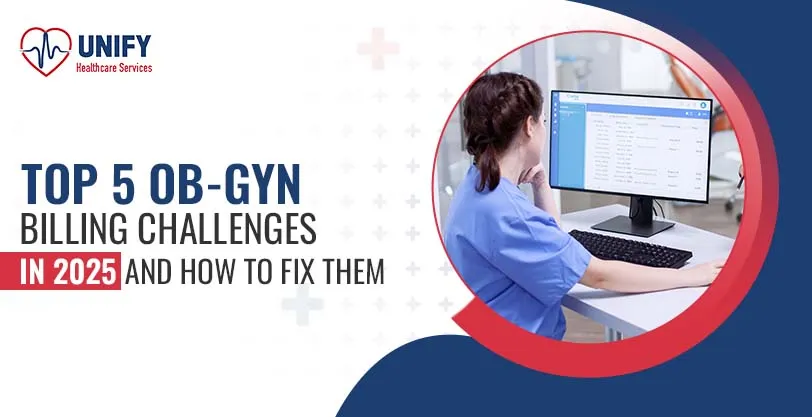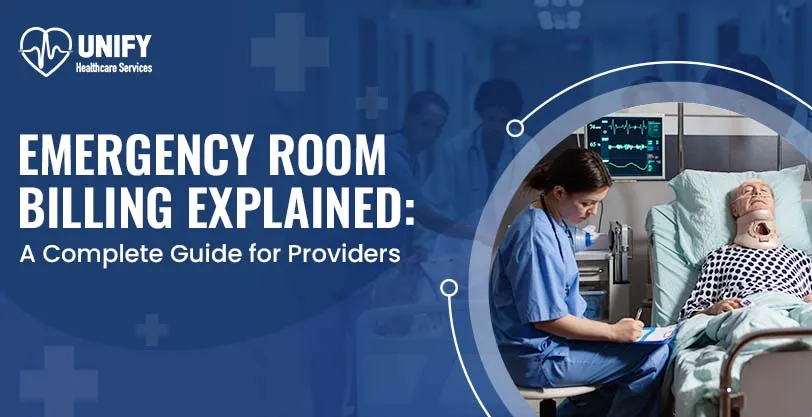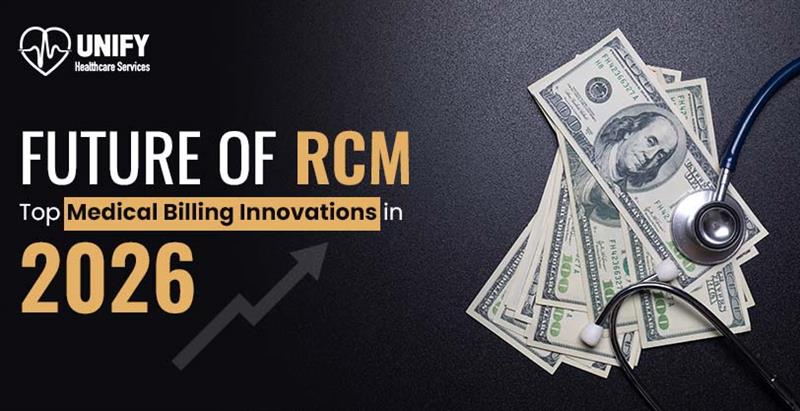Medical billing is the backbone for every healthcare organization. This process involves handling paper-based records which is time-consuming, error prone, and challenging. This fostered the emergence of Electronic Health Records (EHR) which has revolutionized the medical billing process.
EHR in medical billing process helps the providers streamline their billing process which enhances their revenue cycle.
Key Advantages of Implementing EHR in Medical Billing
In the healthcare regime, integrity and accuracy of patient health information is very important. Maintaining Electronic Health Records tends to fulfill this requirement. There are a lot of benefits of using electronic health reports.
Let's look at some pointers!
Improved Efficiency & Accuracy
One of the major benefits of EHR in medical billing is improved efficiency and accuracy. EHR systems eliminate the need for manual data entry which reduces the risk of human errors which can happen in handwritten, transcripted or manually made records.
It can be used to automate a lot of billing tasks like claim generation, coding, and charge capture. Electronic health records ensure that accurate and complete billing information is conveyed to the payers, which results in fewer claim denials and rejections.
The streamlined approach decreases billing errors, accelerates payment cycles and maximizes revenue for healthcare providers.
Real-Time Documentation
Electronic Health reports enable health providers to maintain real-time documentation of patient encounters, treatments, procedures, and diagnoses. This on-spot data recording process always remains up to date and captures relevant information required for accurate coding and billing.
When you have real time documentation, you can easily review patient records which makes justifying the necessity easier. It also helps the healthcare providers to comply with the coding guidelines and provide valid claim proof during audits or appeals.
Improved Revenue Cycle Management
Efficient revenue cycle management plays an important role in the financial success of healthcare organizations. EHR systems provide robust and reliable tools and functionalities which optimize the revenue cycle management.
It can automatically verify insurance eligibility, generate electronic claims and track them throughout the reimbursement process. Electronic health records can also foster seamless integration with medical coding software which enables accurate coding and ensures appropriate reimbursement for the treatments and procedures.
Once your revenue cycle is streamlined EHR systems can help healthcare providers reduce administrative costs, minimize claim denials and accelerate payment turnaround time.
Enhanced Compliance & Documentation
Complying with the guidelines is a critical part of EHR and medical billing. EHR systems are designed to support compliance by providing templates, prompts, and alerts that help healthcare providers with documentation required for precise billing.
It also ensures that healthcare organizations comply with the privacy and security regulations which safeguard patient information and minimize the risk of data breaches.
By maintaining extensive and compliant documentation, healthcare providers can decrease legal and financial risks associated with inefficient billing practices.
Increased Access to Patient Information
EHR in medical billing accumulates patient information at one place which makes it easily accessible to authorized healthcare professionals. It creates a centralized hub of information which enhances collaborations and communication among healthcare professionals.
Having an extensive view of the patient's medical history, diagnoses and treatments lets medical billers do accurate coding for faster reimbursements. It also establishes better communication with the insurance providers.
Access to real-time patient information allows healthcare professionals to identify and address every documentation gap or missing detail which can affect your revenue.
Key Trends in Electronic Health Records
There are a lot of trends in the usage of Eectronic Health Record systems which can be clearly seen in the technology shifts and healthcare practices. It is aimed at improving patient care, interoperability and operational efficiency.
Let's learn about some of the key trends in EHR medical billing.
Telehealth Integration
Coherent Telehealth Services
EHR systems integrates telehealth functionalities which allows healthcare providers to conduct virtual consultations, access patient records, and update information in real-time during telehealth visits.
Artificial Intelligence & Machine Learning
Predictive Analytics
Integrating AI and machine learning algorithms in your EHR practices can help you predict patient outcomes, determine potential risks and support clinical decisions.
Automated Documentation
A variety of natural language processing and AI technologies help you automate and streamline the documentation process which reduces the administrative burden on healthcare providers.
Interoperability & Data Exchange
Standardized Data Formats
Adopting different standards like Fast Healthcare Interoperability Resources enhances the ability of sharing health information across a variety of systems and organizations.
Health Information Exchanges
The participation of EHR systems in Health Information Exchanges facilitates secure sharing of patient data among various healthcare entities which ensures continuity of care.
Patient- Centered Care
Improved Patient Portals
Modern EHR in medical billing offers sophisticated patient portals which gives access to personal health records, appointment scheduling, educational resources and secure messaging.
Personalized Insights
EHR in medical billing processes delivers personalized health insights and recommendations to patients based on their unique health data and history.
Cloud Based Solutions
Scalability and Flexibility
Cloud based EHR systems provide scalability, easier updates, and flexible access which is not a part of on-premises systems.
Cost Efficiency
Cloud solutions reduce the costs of maintaining physical servers and IT infrastructure, which lessens the overall administrative costs.
Mobile Accessibility
Mobile EHR Apps
EHR systems have a variety of accessibility features such as mobile applications. This allows healthcare providers to access and update the patient information on the go. This improves efficiency and response time.
Remote Monitoring
Integrating EHR with wearable devices and remote tracking tools enables continuous tracking of patient health metrics and seamless integration of EHRs.
Data Security & Privacy
Improved Security Measures
EHR systems use advanced security features such as multi-factor authentication, blockchain technology, and encryption.
Compliance with Regulations
The compliances and guidelines change continuously. Keeping up with the GDPR and HIPAA compliances ensures that patient information remains secure and confidential.
Increases Patient Safety
EHR systems offer a variety of features such as clinical decision support system which works like an alert for potential drug allergies. This reduces medical errors and enhances patient safety. Additionally, the providers can access fact-based guidelines and protocols which deliver higher-quality care.
Patients experience better safety and higher quality care with EHR systems which leads to better health outcomes and reduced risks at the time of treatment.
Conclusion
Using Electronic Health records in the medical billing process gives healthcare organizations a variety of benefits. Unify Healthcare services is a medical billing company that can help you establish EHR systems and integrate them with your current process. It improves accuracy and efficiency which enhances revenue cycle management along with adherence to compliance.
An efficient Electronic Health Records system streamlines the billing operations and contributes to your efficient revenue generation. Once health providers integrate technology it can optimize the billing process while reducing administrative burdens from your shoulders. This results in better financial outcomes leading to better revenue cycle management.
Integrating EHR systems into medical billing is a significant step towards achieving a more efficient and sustainable healthcare system.
Unify healthcare services helps in automation of medical billing which is changing the face of healthcare industry. With more and more healthcare professionals switching to electronic billing systems, their chances of getting reimbursed increases significantly.
With a team of trained professionals, Unify Healthcare Services envisions making billing easy and hassle free for every practice so that they can focus solely on providing better patient care.

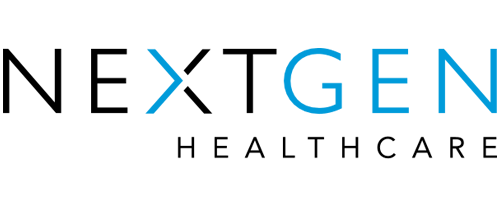
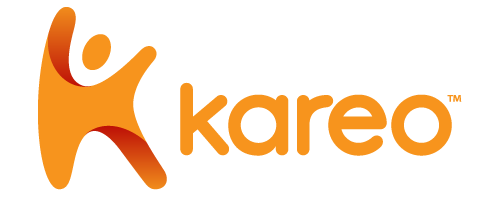



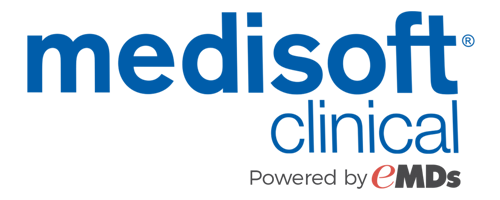

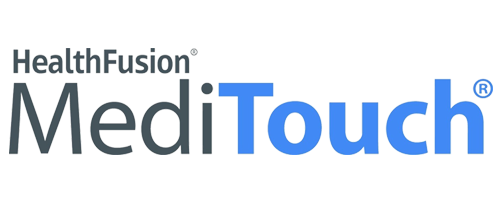
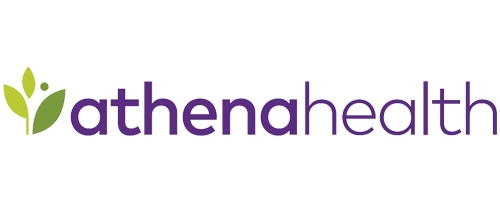

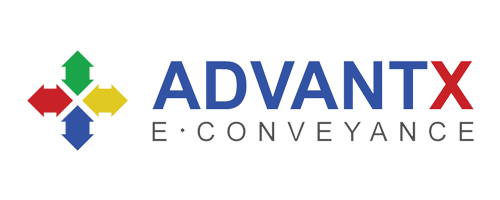
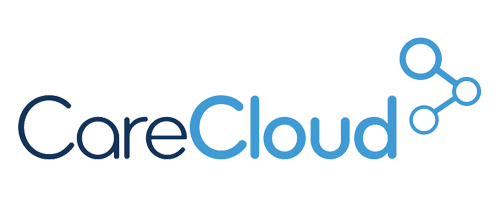
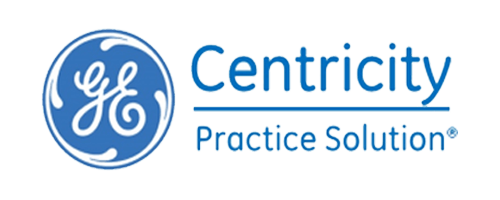
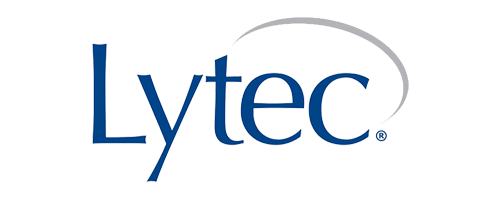
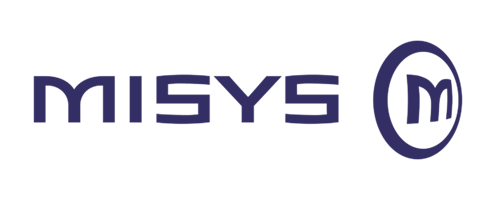
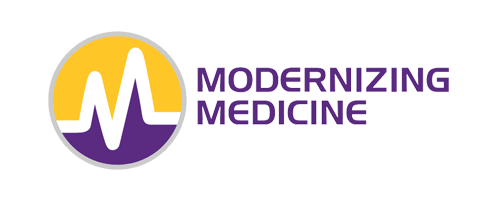

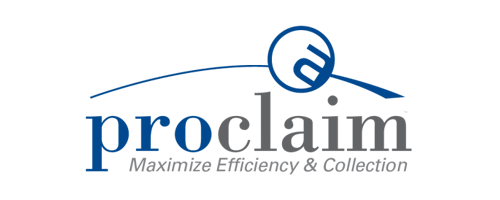


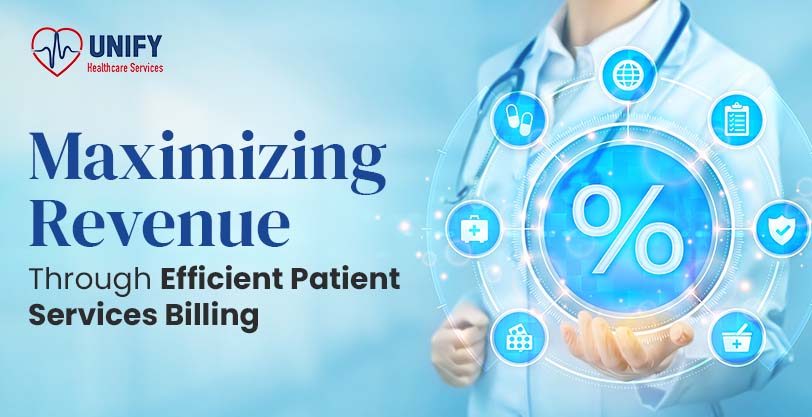
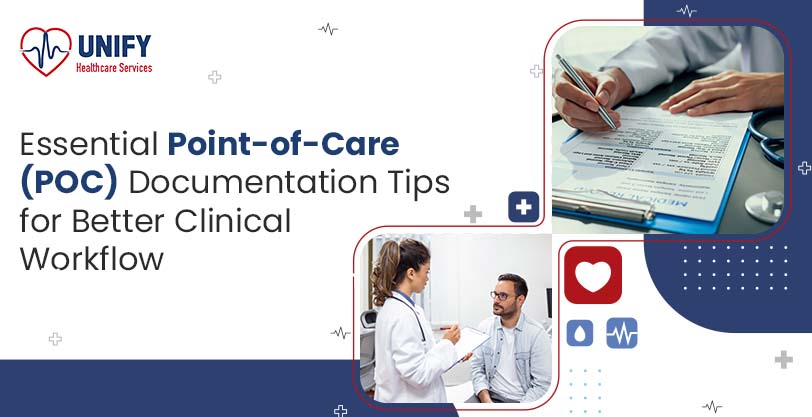
 1.jpg)
